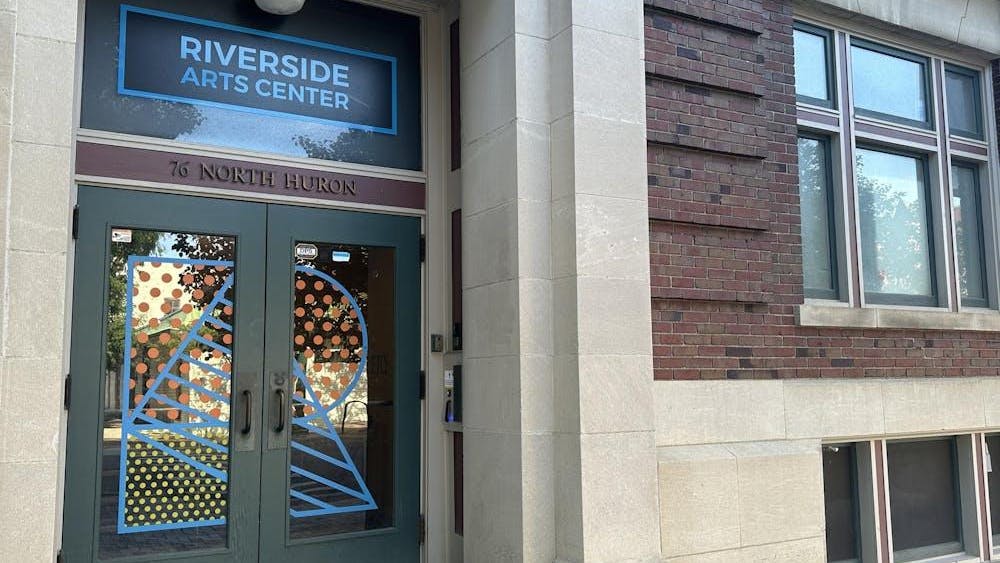Zero tolerance polices in public schools were designed to uniformly punish any infraction regardless of if it was a mistake or if there were extenuating circumstances.
These policies became widespread after 1994 when the Gun-Free Schools Act of 1994 required states to expel for one year any student who brought a firearm to school or risk losing federal funding. In theory, the idea was genuine with no ill intent. In practice though, results have been far from favorable.
Generally applied to issues involving extreme violence and drug use, zero tolerance policies have trickled down to cover lesser infractions both in and out of schools.
Take Erin Cox’s unique conundrum, which has gained national attention. Cox, an honor student and captain of her school’s volleyball team was removed as captain and suspended for five games after attempting to give an underage friend who had consumed alcohol a ride home from a party.
One would think Cox’s actions were commendable, yet the school doesn’t believe so.
Shortly after Cox arrived to pick up her friend, the police arrived. They absolved her of any wrongdoing, consumption or possession of alcohol, yet the school still punished her for merely being present.
If a student cannot be in the presence of alcohol, how do parents who buy alcoholic beverages leave their children home alone without violating this asinine policy?
The message North Andover School District is sending students is a dangerous one. Schools are supposed to provide a learning experience where rights and wrongs are solidified into lifelong values designed to prepare students to function in the real world.
Sadly, zero tolerance polices are black-and-white blemishes on the foundation of public education.
The real world isn’t so clear-cut, and to make a decision to aid a friend in need and to be punished for it is sickening.
The North Andover School District has taken a teachable moment and turned it into a public relations disaster. Yes, underage drinking is dangerous, but in reality, who hasn’t tried a sip? To severely punish students for the risky behavior they are bound to do creates an unfavorable and unfair learning environment.
The heavy-handedness of an administration is seen as Orwellian, uncompromising and idiotic. We all make mistakes in life and students should be the ones whose punishment be the most understanding in situations like this and in many others.
Instead, the outcomes are often infuriating.
In Baltimore, a 7-year-old boy was suspended for two days after trying to shape his pastry snack into the shape of a mountain. The teacher thought it looked like a gun, and a letter was sent home about the incident to all of the students.
In Houston, an 8th grade student was suspended for refusing to take off her rosary beads because the beads could be considered a sign of gang involvement.
In Nebraska, the Grand Island School District asked a 3-year-old boy who is deaf to change the way he signs his name because the district says the gestures violate their weapons policy, even though the preschooler’s name sign is registered with Signing Exact English, a modified form of American
Sign Language.
We aren’t teaching our kids right from wrong. We are teaching them to fear authority – not respect it – because the consequences can far outweigh the crime.








